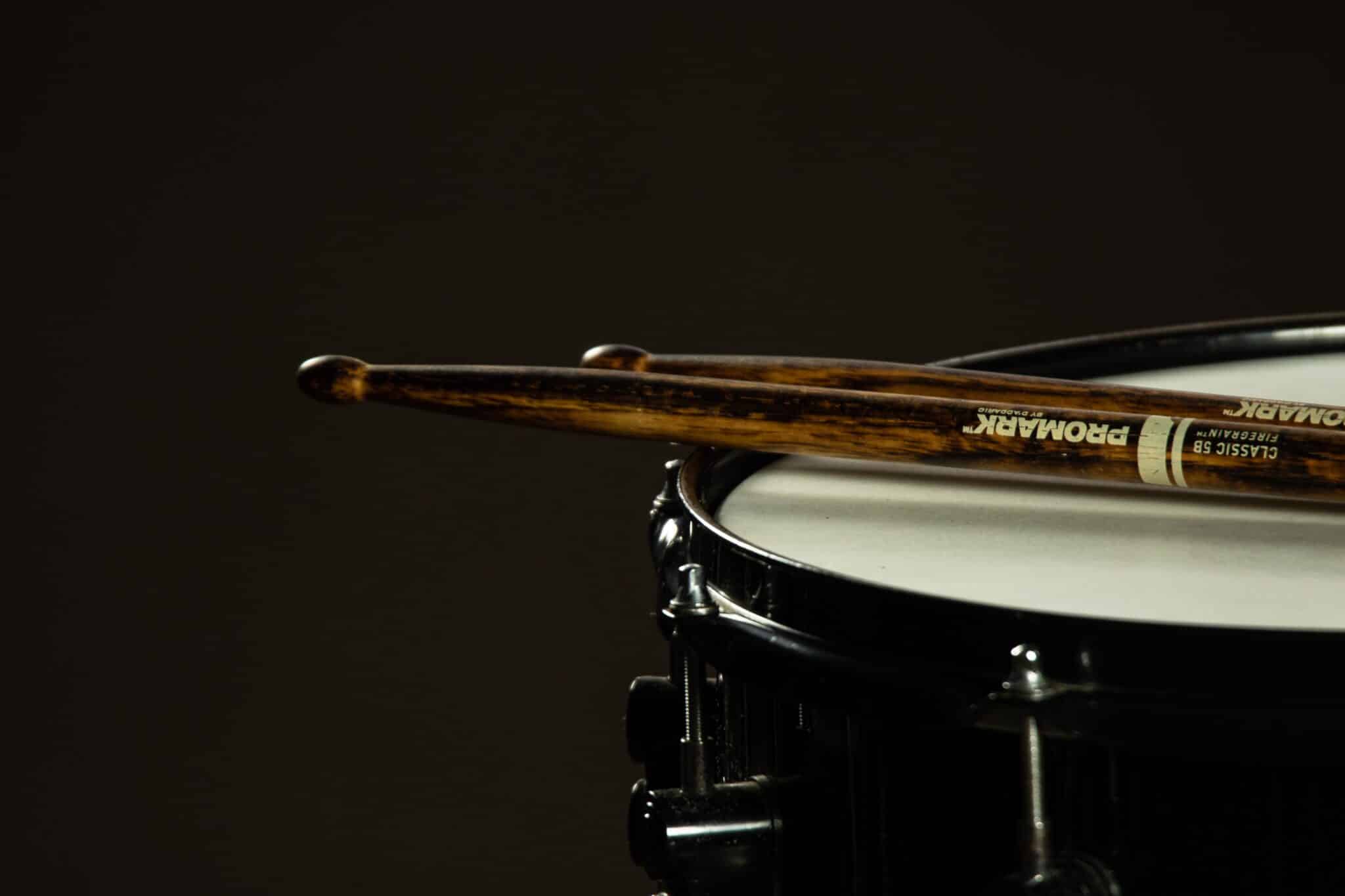According to one of my friends, the rules for celebrating Mass state that drums cannot be used with other musical instruments or with singers. Is that true?
It is not true. No musical instrument is prohibited by the 2002 General Instruction of the Roman Missal (GIRM) or in Music in the Liturgy, issued by the U.S. Conference of Catholic Bishops in 2007. GIRM establishes universal requirements and notes where episcopal conferences can propose variations requiring the Holy See’s approval. Drums have been used at some Masses in St. Peter’s Basilica and in Masses during the pope’s apostolic visits throughout the world.
Unfortunately, people sometimes confuse their own preferences with what the Catholic Church requires or forbids.



7 thoughts on “Can Drums Be Used at Mass?”
How about kazoos?
😆👏
But what is stated very clearly is that no instrument is to be played in a secular manner during liturgy. Rock and pop, polka and folk music, etc. aren’t sacred. The organ is preferred. Gregorian chant is to be given pride of place. Rock and pop are fine at paraliturgical and non-liturgical events. Not at Mass or other liturgies.
The answer here is incorrect. Drums, bells, cymbals etc were all explicitly banned from use in the Liturgy by Pope Pius X: “the employment of the piano is forbidden in church, as is also that of noisy or frivolous instruments such as drums, cymbals, bells, and the like” (TLS 19). This ban was never rescinded. Sacrosanctum Concilium also differentiates between sacred and non sacred instruments.
Not all music is appropriate for the Catholic Mass! The very purpose of the sacred music: is for the glory of God and the sanctification of the faithful. Among the musical expressions that correspond best with the qualities demanded by the notion of sacred and liturgical music, Gregorian chant has a special place. Even the post concilliar, Second Vatican Council recognized that “Gregorian Chant sung in Latin was specially suited to the Roman Liturgy” and thus should be given, other things being equal, pride of place in liturgical services.
Pope St. Pius X pointed out that the Church had “inherited it from the Fathers of the Church” and she has “jealously guarded it for centuries in her liturgical codices” and still “proposes it to the faithful” as her own, considering it “the supreme model of sacred music.” Thus, (back then at least) “Gregorian chant continues also today to be an element of unity in the Roman Liturgy.”
Pope Paul VI wisely said, commenting on a Decree of the Council of Trent, that “if music – instrumental and vocal – does not possess at the same time the sense of prayer, dignity and beauty, it precludes the entry into the sphere of the sacred and the religious.”
Today sadly, the meaning of the category “sacred music” has been so broadly interpreted in the Novus Ordo, that in my view (and the view of many), the music violates the reverence and norms of the Liturgy itself. From the texts of Supreme Pontiff John Paul II, we can deduce that not all music is appropriate for the Catholic Mass. Even, Vatican II document Sacrosanctum Concilium states – the musical tradition of the universal Church is a treasure of inestimable value, greater even than that of any other art. The main reason for this pre-eminence is that, as sacred song united to the words, it forms a necessary or integral part of the solemn liturgy.
We know that what is inappropriate for the Catholic Mass would be jazz, rock, mariachi, and polka as they are not genres of sacred music. Post Vatican II drums and guitars in my view are simply “tools” which contributed to the lack of reverence in today’s mass. Past generations (and I as a child) loved the traditional choral music, Gregorian chant and organ music which lends itself so beautifully to the reverence of the one true faith. Further, when irreverent modern popular forms of music which the people are exposed to outside of mass are used inside God’s house, not only is our past musical treasure of inestimable value in danger of being lost to future generations of Catholics, after having been so carefully preserved by the Church for centuries, but worse, worship itself suffers, as we no longer bring before God the best, which is what he deserves.
Pope Benedict XVI wrote that the Church must maintain high standards; and that any rejection of the traditions of our Catholic Church prior to the Second Vatican Council, is an outright rebellion, even a revolution and is perhaps one of the reasons for the liturgical music crisis and misunderstanding of the concept of active participation.
but can we use a beatbox or cajon in novena mass for Christmas and Christmas mass?
No.